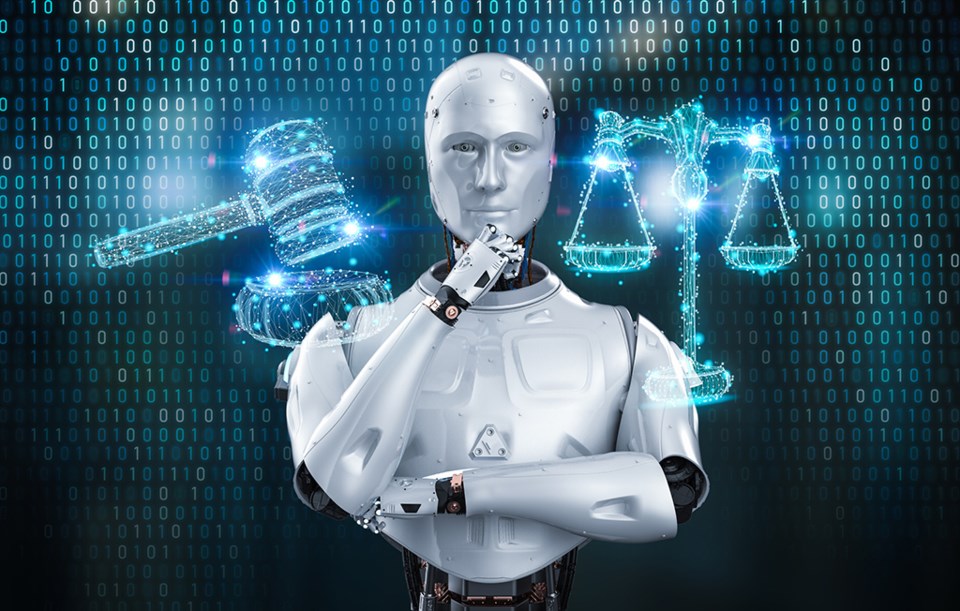This week, OpenAI – the organization behind ChatGPT – responded to class-action lawsuits from several book authors, including notable names like Sarah Silverman and Paul Tremblay. The authors allege that ChatGPT was trained on pirated copies of their books, thus infringing on their copyrights.
If you read OpenAI's , you'll see that their defense seems multifaceted. Firstly, they argue that the majority of the claims – including vicarious copyright infringement and violation of the Digital Millennium Copyright Act (DMCA) – should be dismissed. Their primary contention is that the authors have misunderstood the scope of copyright. OpenAI emphasizes the limitations and exceptions of copyright, such as fair use, which allow for innovations like large language models.
The crux of OpenAI's argument is that even if the authors' books were part of ChatGPT's training data, the use of copyrighted materials in transformative ways doesn't equate to copyright violation. They draw a distinction between their intent – to understand the underlying rules of human language – and the act of directly profiting from distributing copyrighted materials. OpenAI's goal, they state, is to aid in tasks like improving work efficiency or entertainment, not to plagiarize.
OpenAI also brings to light the purpose of copyright law: to protect the expression of ideas, not the ideas themselves or the foundational elements of creativity. They cite a precedent involving Google Books where statistical information like word frequencies and syntactic patterns were deemed outside the scope of copyright protection.
A significant point of contention is the claim that every ChatGPT output is a derivative work. OpenAI refutes this, stating that outputs like a simple "Yes" or a description of Homer’s "The Iliad" can't be considered derivative works. They liken ChatGPT's outputs that relate to authors' works to book reviews or reports.
Lastly, OpenAI challenges the notion that they have a direct financial interest in infringing copyrights. They argue that the mere use of tools for profit doesn't establish a direct link between copyright infringement and profit.
This case highlights the complexities of AI's intersection with copyright law. As AI continues to advance, it is imperative for legal frameworks to evolve in tandem, ensuring a balance between innovation and protection of intellectual property. These lawsuits are a good place to start.
As always your thoughts and comments are both welcome and encouraged. Just reply to this email. -s [email protected]
P.S. There are very strong opinions on both sides of the AI v. copyright debate. If you want to dig into the issue, sign up for our free online course . It will help you build arguments – no matter which side you're on.
ABOUT SHELLY PALMER
Shelly Palmer is the Professor of Advanced Media in Residence at Syracuse University’s S.I. Newhouse School of Public Communications and CEO of The Palmer Group, a consulting practice that helps Fortune 500 companies with technology, media and marketing. Named he covers tech and business for , is a regular commentator on CNN and writes a popular . He's a , and the creator of the popular, free online course, . Follow or visit .




